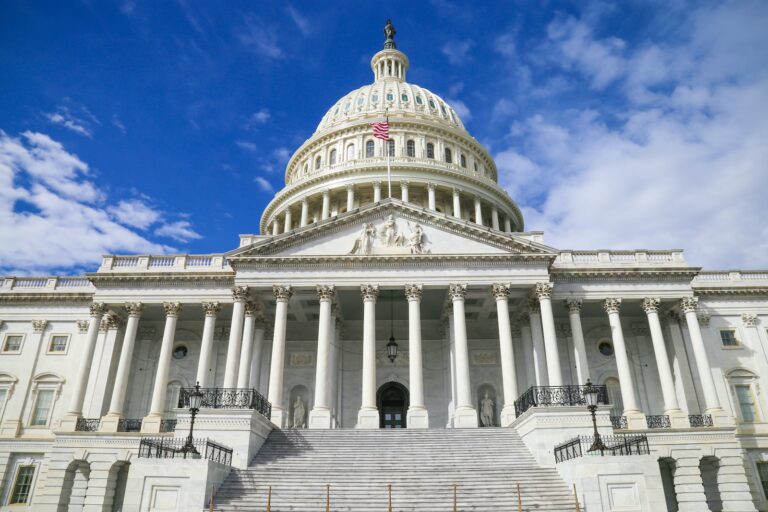Chicago Public Schools (CPS), like many districts across the country, is facing significant budgetary challenges as it attempts to pass a proposed $9.9 billion budget for the upcoming school year. The district’s plan to address a $505 million deficit has sparked controversy and opposition from the Chicago Teachers Union (CTU) and charter school advocates. [Chalkbeat]
Driving the news: CPS’s proposed budget includes central office cuts, debt restructuring, and the elimination of 300 CTU positions to close the budget gap. The district is also negotiating new contracts with teachers and principals, which could lead to further budget adjustments. Mayor Brandon Johnson has proposed a long-term, high-interest loan to avoid CTU cuts and cover additional costs, a plan that has been met with skepticism from various stakeholders. [Chicago Tribune, ABC7]
Why it matters: The budget will significantly impact the operations of one of the largest school systems in the country, affecting staffing, resource allocation, and the overall quality of education. The CTU and other education advocates are pushing for increased funding and resources, highlighting the need for more investment in public education. [Chicago Tribune]
Key details:
- The budget proposal does not include salary increases for CPS teachers, which are still being negotiated.
- The district plans to use $149 million of its budget to increase funding for schools, driven by services for students with disabilities and modest boosts for charter schools and bilingual services.
- CPS is spending the final $233 million of its $2.8 billion in pandemic recovery funds this fiscal year, adding about 800 school-based positions while cutting 40 central office positions and freezing 200 vacant jobs.
The broader context: Tensions are high as the CTU, which supported Mayor Johnson’s election, opposes the budget proposal. Union members have been vocal at public hearings, demanding more investment in schools, smaller class sizes, and the rehiring of recently laid-off staff. Charter school advocates also seek increased funding to support their changing demographics and infrastructure needs.
The other side: The district’s budget proposal includes a new equitable funding formula aimed at increasing resources in schools with high percentages of poor and vulnerable students. Despite this, some board members and community members argue that the proposed measures are insufficient to address the district’s needs.
What’s next: The Chicago Board of Education is expected to vote on the budget on July 25. In the meantime, CPS and the CTU continue negotiations, and the district seeks additional funding from state and federal sources.



